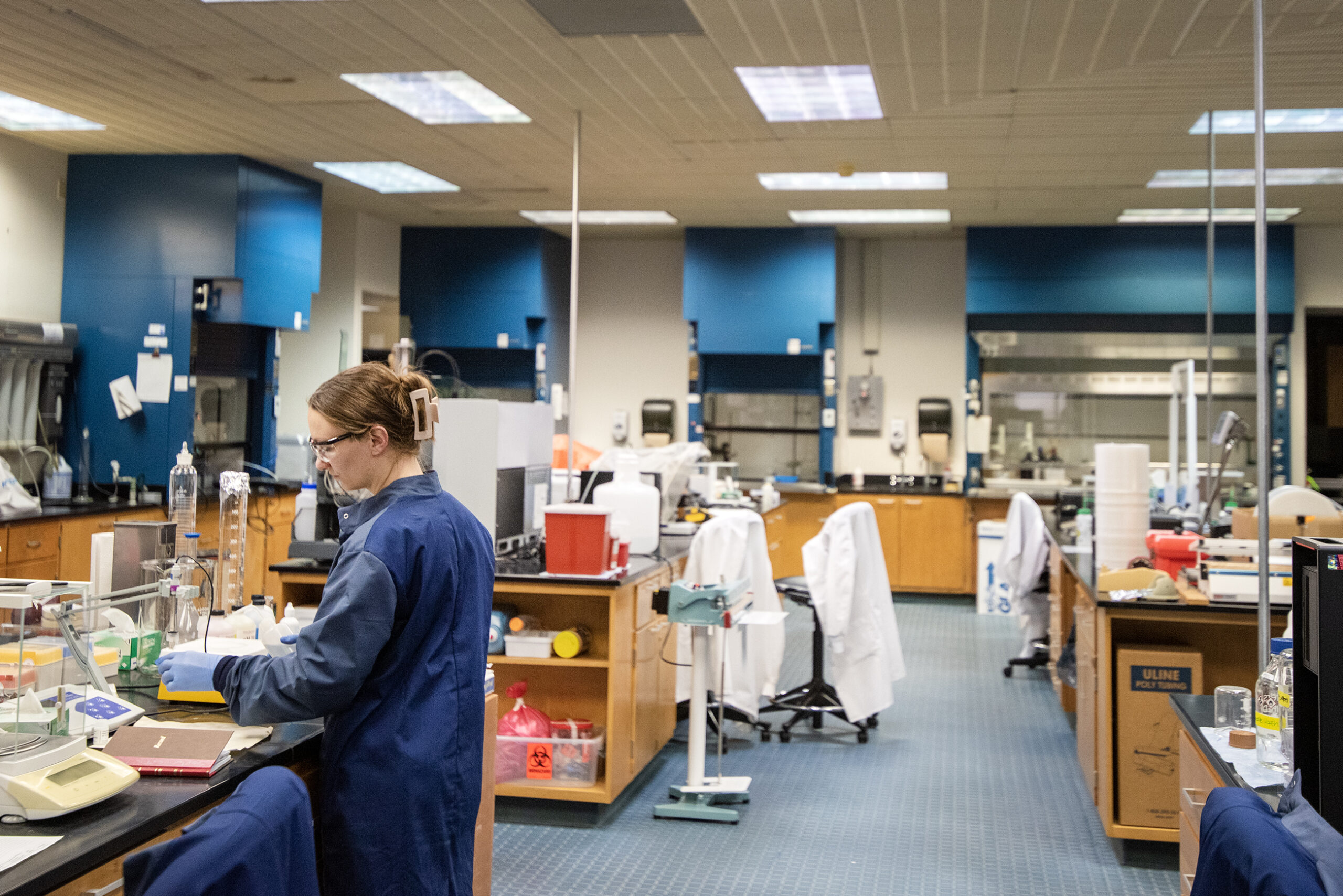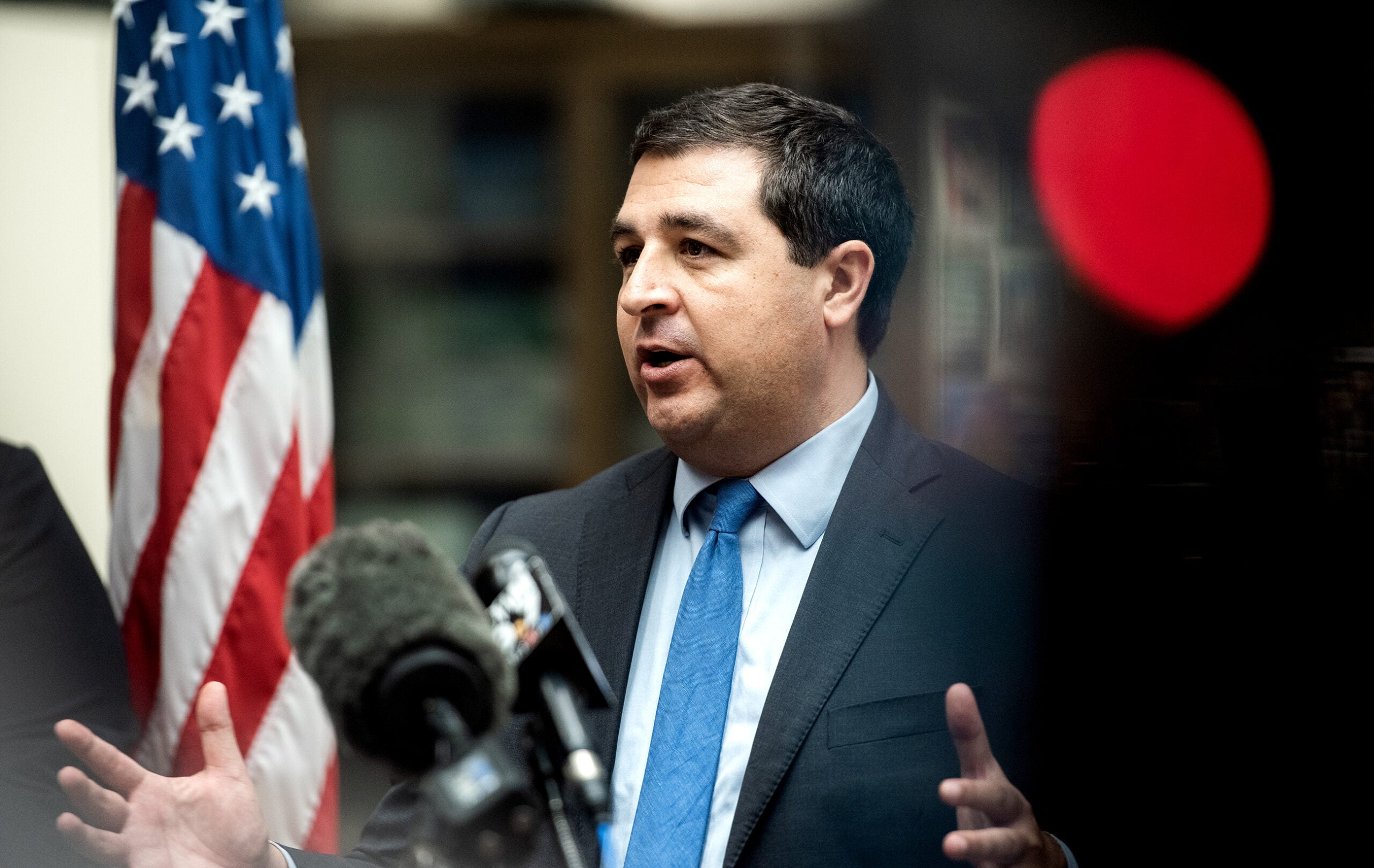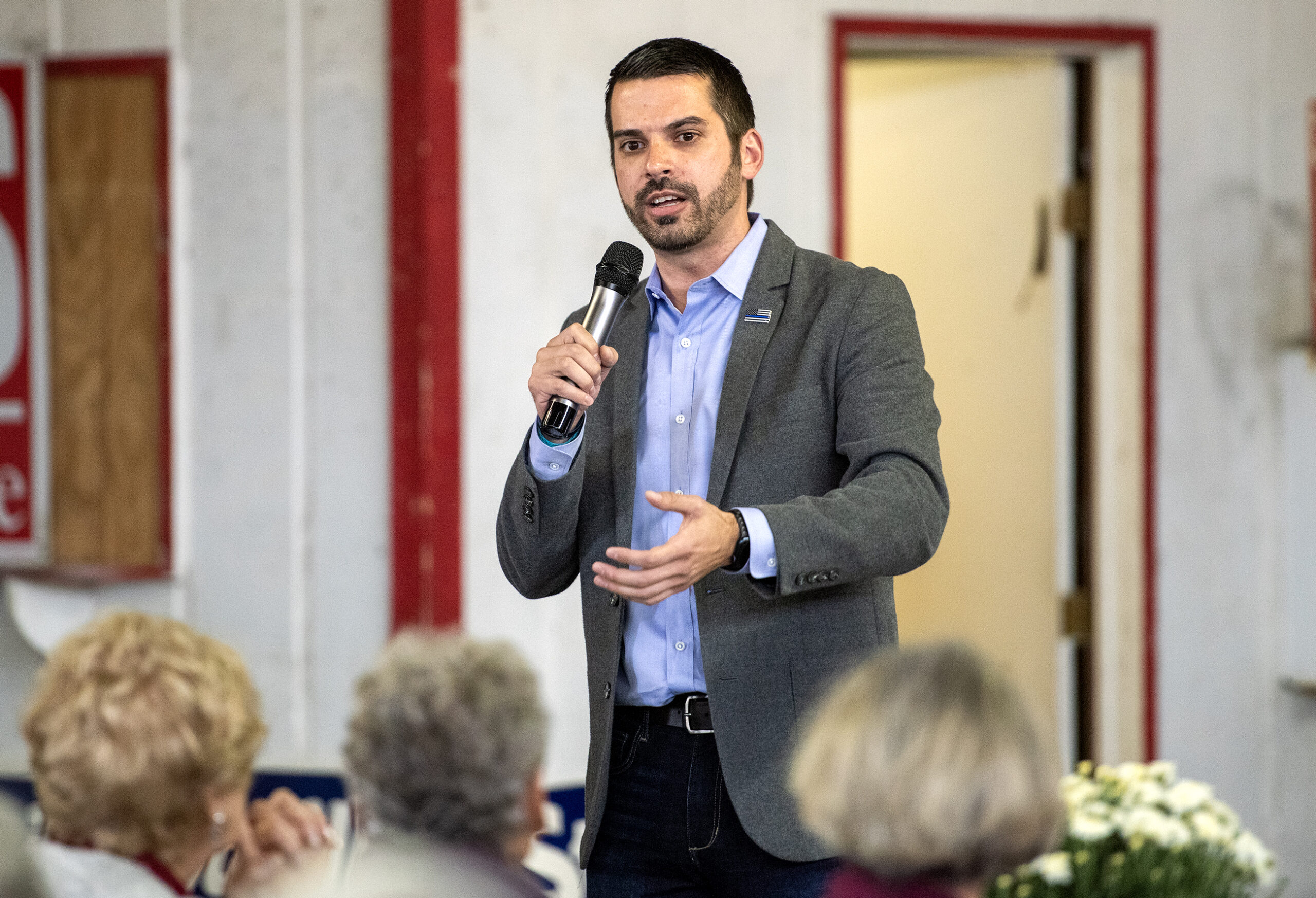Wisconsin’s statewide crime labs have sped up their turnaround times for processing DNA evidence, while turnaround times for toxicology reports lagged in 2022 compared to preceding years.
That’s according to a performance report released by Wisconsin’s Department of Justice, which oversees the labs located in Milwaukee, Madison and Wausau.
Last year, the labs took an average of 84 days to turn around DNA evidence, which was faster than the average of 128 days in 2021 and 94 days in 2020. That’s despite the fact that the labs handled hundreds more DNA cases in 2022.
News with a little more humanity
WPR’s “Wisconsin Today” newsletter keeps you connected to the state you love without feeling overwhelmed. No paywall. No agenda. No corporate filter.
Of the more than 4,300 DNA analyses done by Wisconsin’s crime labs in 2022, more than a quarter, or 27 percent, involved alleged sexual assaults.
And, when it comes to processing DNA evidence, the DOJ’s crime labs appear to be faster than the national average. Wisconsin’s latest performance report includes a comparison to statistics from West Virginia University’s Project Foresight, which gathers data from forensic labs across the country.
In 2022, Project Foresight found it took labs nationwide a median of 134 days to turn around DNA evidence compared to a median of 61 days for Wisconsin’s labs.
Wisconsin-wide, it took the DOJ’s crime labs longer to complete toxicology tests in 2022 than in 2021 and 2020, even though the labs took in fewer of those tests for alcohol and other controlled substances last year.
In 2022, the state’s mean toxicology test turnaround time was 84 days — up from 48 days in 2021 and 39 days in 2020.
During his unsuccessful campaign for Wisconsin attorney general last fall, Republican Eric Toney criticized Democratic incumbent Josh Kaul over turnaround times at the DOJ’s labs, which process evidence upon request for local law enforcement agencies across the state.
In the current budget, Kaul and Democratic Gov. Tony Evers both asked to hire additional staff at the crime labs, but the Republican-controlled Legislature only partially granted those requests.
That included funding for three additional toxicology positions. But a DOJ a spokesperson noted those positions were only granted for the budget cycle that began July 1st, despite the DOJ’s requests for four additional toxicology positions in the prior two budgets.
“The team at the Wisconsin State Crime Laboratories continues to advance Wisconsin DOJ’s mission of protecting the public and ensuring that justice is done,” Kaul, who took office in 2019, said in a statement about the latest performance report. “From helping solve decades-old cases, to keeping up with developments in forensic science, to processing thousands of cases, the crime lab is a vital part of the criminal justice system in Wisconsin.”
Wisconsin Public Radio, © Copyright 2025, Board of Regents of the University of Wisconsin System and Wisconsin Educational Communications Board.






